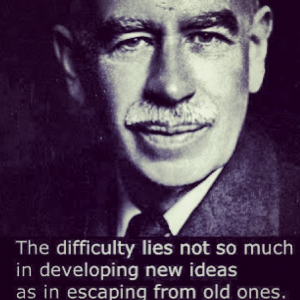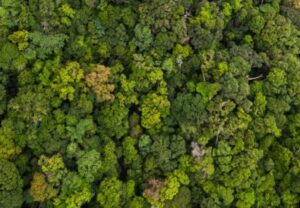
An Introduction to political economy and economics
This highly popular nine-week course (which is about to enter its 21st iteration) will help you understand, and evaluate, the diverse ideas that exist in political economy and economics. This course offers a pluralist introduction to economics in that it introduces nine (9) schools of thought, each of which offers a unique and distinctive illumination of economic and social reality.
Comparative economic systems
This nine-week course offers a well structured introduction to the analysis of different types of economic systems in both theory and practice including social-democratic (welfare state) capitalism, neoliberal capitalism, command socialism, market socialism and local self-governance systems. Applied case studies include Sweden, Yugoslavia, China and Australia. The final section of the subject looks at both capitalist and socialist economic systems might best adapt themselves to the lessons of the past, and also better respond to the environmental, economic and social challenges of the present and future.
Evolution of the World Economy
Learn about major changes to the world economy from the emergence of capitalism up the present and in the process be introduced to some of major ideas, concepts and debates in political economy and economics. This ten-week course covers the emergence of capitalism, first and second world wars, the Great Depression, the rise and fall of the USSR, the long boom (1950-73), the stagflation of the mid to late 1970s, the rise of neoliberalism (70’s, 80’s to the present), the rise of Japan, underdevelopment in the Global South, and the Global Financial Crisis.

MICROECONOMICS
Microeconomics is the study of individual markets, firms, organisations, groups, and individuals. This course is designed to provide you with a working knowledge of microeconomics and to assist you in making informed choices between competing approaches. Part 1 covers the traditional microeconomic framework which is still very dominant in influencing public and social policy – and so deserves our careful attention for that reason alone. Part 2 looks at some alternative frameworks and the different policy implications that flow from those frameworks. It is assumed that people who enrol in this subject have already completed SPE101 An Introduction to Political Economy and Economics or have some prior knowledge of economics/political economy. However, people without such a background could perhaps cope (and are welcome to try) though the learning curve will be a bit steeper.
MACROECONOMICS
Macroeconomics takes a system-view of the economy. If microeconomics is looking at the individual trees, macroeconomics is looking at the forest. This subject looks at macroeconomics from an explicitly Post-Keynesian perspective. As such, it recognises the importance of fundamental uncertainty, the significance of a monetary economy, realism of assumptions, historical path-dependence, political power and much more. In particular, Post Keynesians usually reject the dogma that macroeconomics is really just aggregated microeconomics given issues such as emergence and downward causation from macro to micro.
iNTERMEDIATE MACROECONOMICS
This course would suit those who already have undertaken some study of macroeconomics (including the completion of SPE105 Introductory Macroeconomics). The subject utilises the third edition of Marc Lavoie’s award winning textbook Post-Keynesian Economics: New Foundations. As such, the subject presents a coherent alternative the more limited and often unrealistic neoclassical approach that dominates the curriculum inside most economics departments. If you want to get a realistic insight into the nature of macroeconomics and the various possibilities and challenges contain therein then this course might suit you.




